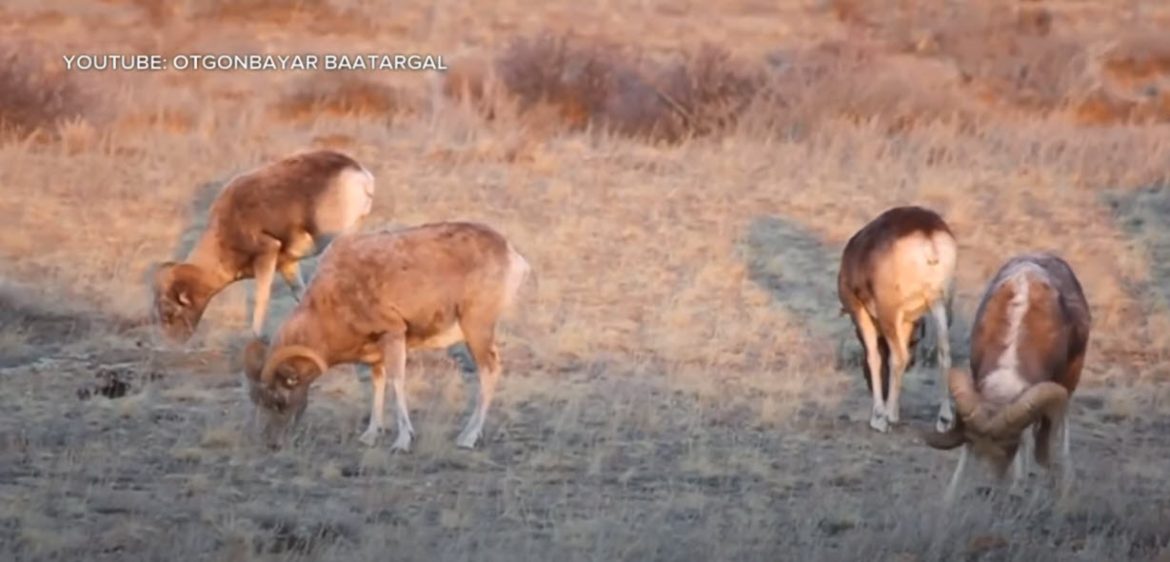Arthur “Jack” Schubarth, an 80-year-old rancher from Montana, has pleaded guilty to two felony wildlife crimes related to his attempt to create giant sheep hybrids. This unusual case has captured attention as Schubarth’s efforts spanned years and involved genetic engineering of sheep species.
According to a press release from the Department of Justice, Schubarth owns an “alternative livestock” ranch covering 215 acres in Vaughn, Montana. His scheme involved importing parts of the largest sheep species globally to create cloned embryos, which he planned to implant in a female sheep on his ranch. The ultimate goal was to breed and sell the resulting giant sheep hybrids to hunting facilities.
The Department of Justice alleges that Schubarth conspired with at least five others, starting in 2013, to genetically engineer these giant sheep for commercial purposes. The motive behind this project was to attract high prices from shooting preserves, where such exotic species are often sought after by hunters.
The case sheds light on the ethical and legal complexities surrounding genetic engineering in wildlife and alternative livestock breeding. While ranchers and breeders often seek to create unique and marketable animal species, the line between legitimate practices and illegal activities can blur, especially when it comes to manipulating genetics for profit.
Schubarth’s guilty plea to felony wildlife crimes highlights the serious nature of his actions, as wildlife regulations aim to protect native species and prevent the creation of unnatural hybrids that could disrupt ecosystems. The Department of Justice’s involvement underscores the importance of enforcing wildlife laws and holding individuals accountable for illegal activities that endanger wildlife populations.
As the legal proceedings continue, including sentencing hearings for Schubarth’s guilty plea, the case serves as a reminder of the ongoing challenges in regulating and monitoring alternative livestock practices, particularly when they intersect with genetic manipulation and conservation concerns.
The outcome of this case will likely have implications for ranchers, breeders, and wildlife authorities, shaping future regulations and enforcement efforts in the realm of alternative livestock breeding and genetic engineering.



